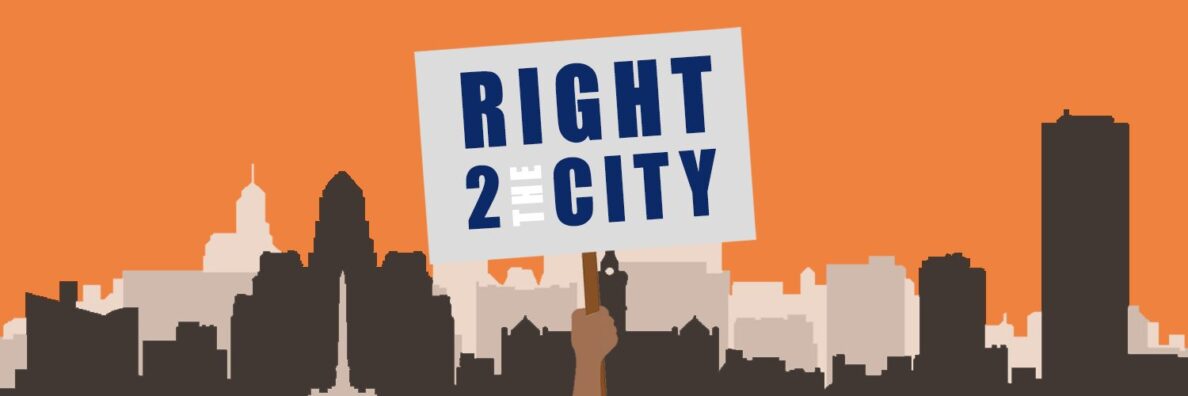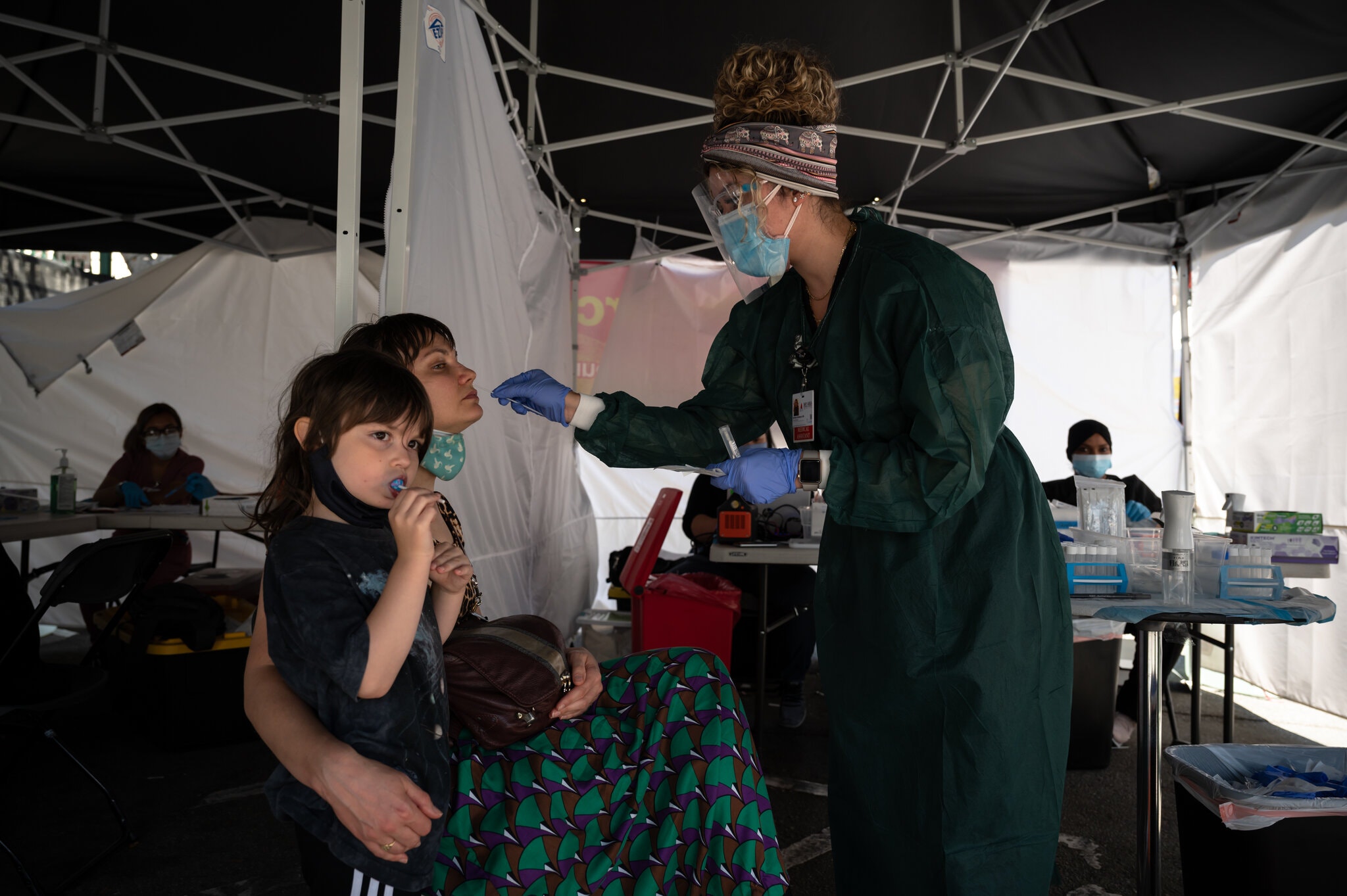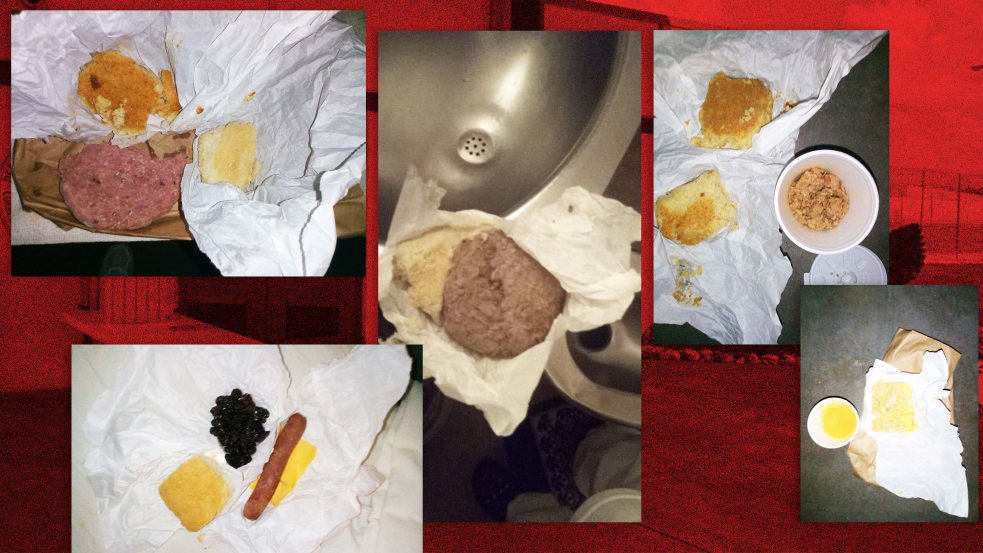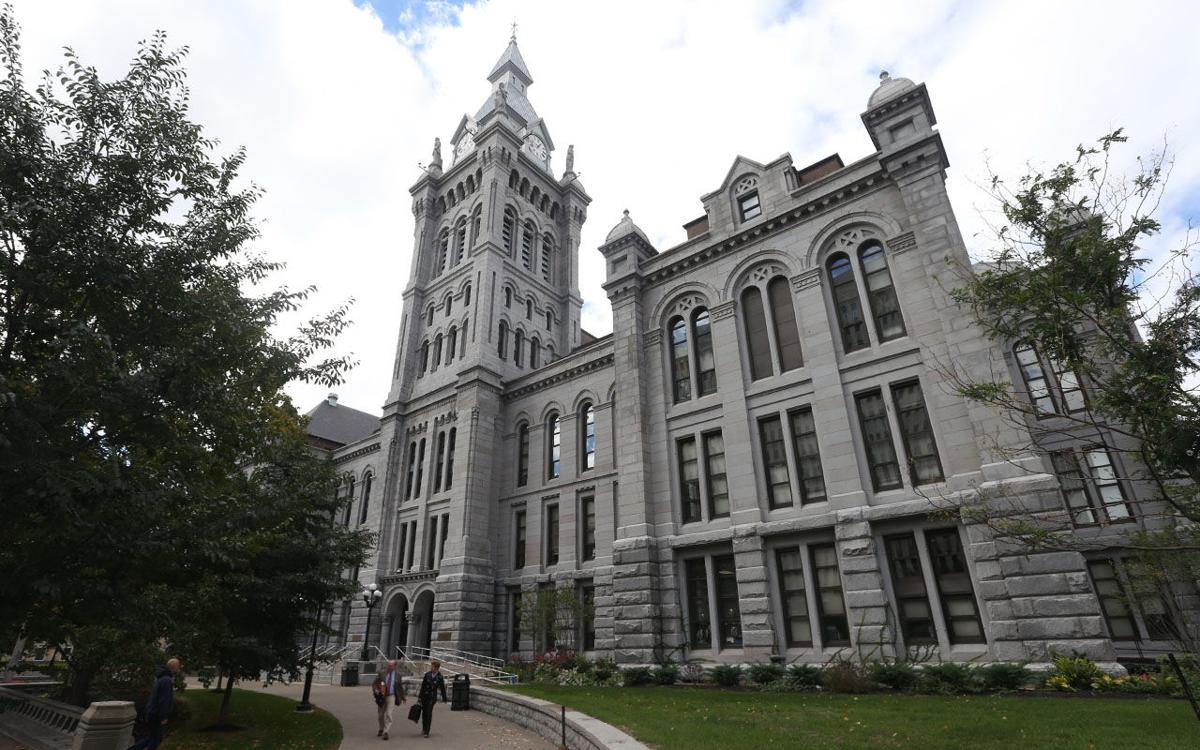The Unknown History of Black Uprisings
In a new book, the historian Elizabeth Hinton reveals that, in the late sixties and early seventies, there were hundreds of local rebellions against white violence and racial inequality.
Since the declaration of Martin Luther King, Jr.,’s birthday as a federal holiday, our country has celebrated the civil-rights movement, valorizing its tactics of nonviolence as part of our national narrative of progress toward a more perfect union. Yet we rarely ask about the short life span of those tactics. By 1964, nonviolence seemed to have run its course, as Harlem and Philadelphia ignited in flames to protest police brutality, poverty, and exclusion, in what were denounced as riots. Even larger and more destructive uprisings followed, in Los Angeles and Detroit, and, after the assassination of King, in 1968, across the country: a fiery tumult that came to be seen as emblematic of Black urban violence and poverty. The violent turn in Black protest was condemned in its own time and continues to be lamented as a tragic retreat from the noble objectives and demeanor of the church-based Southern movement.
Keeanga-Yamahtta Taylor, June 24, 2021
Read the full article here The New Yorker
Author Profile
Latest entries
 Economic Development05/15/2025House Republicans float compromise to placate warring factions: Faster Medicaid cuts and a larger SALT deduction
Economic Development05/15/2025House Republicans float compromise to placate warring factions: Faster Medicaid cuts and a larger SALT deduction Educational Issues05/15/2025ICE Duped a Federal Judge Into Allowing Raid on Columbia Student Dorms
Educational Issues05/15/2025ICE Duped a Federal Judge Into Allowing Raid on Columbia Student Dorms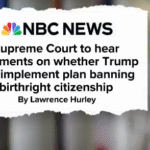 Human Rights05/14/2025Birthright citizenship dispute at the Supreme Court has broad implications for Trump’s agenda
Human Rights05/14/2025Birthright citizenship dispute at the Supreme Court has broad implications for Trump’s agenda Educational Issues05/14/2025An airstrike in central Myanmar kills up to 22 people at a bombed school, reports say
Educational Issues05/14/2025An airstrike in central Myanmar kills up to 22 people at a bombed school, reports say
